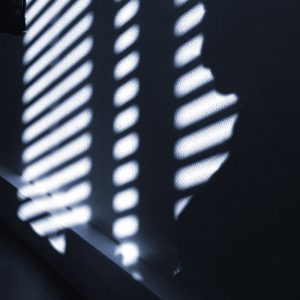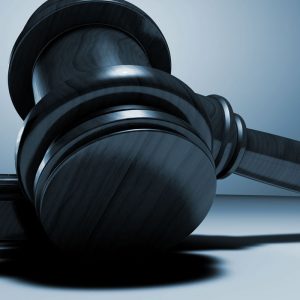
by Michael F. Pezzulli
Recently I represented and tried a case on behalf of a young woman who had been the victim of a horrific attack by her ex-boyfriend. The facts of the case revealed that over the course of an attack that lasted hours, the ex-boyfriend violently raped her, inflicting knife wounds requiring nearly 500 stitches. The attack was so brutal that the blows to her face left many of the bones in her face broken. When the paramedics arrived, they believed she was dead.
The problem is not isolated. It is so pervasive that the CDC, (Centers for Disease Control), actually has a division of Violence Prevention, and has studied the problem extensively. The CDC monitors the problem closely and recently updated its findings in its National Intimate Partner and Sexual violence Survey.
 Texas Law Updates
Texas Law Updates










